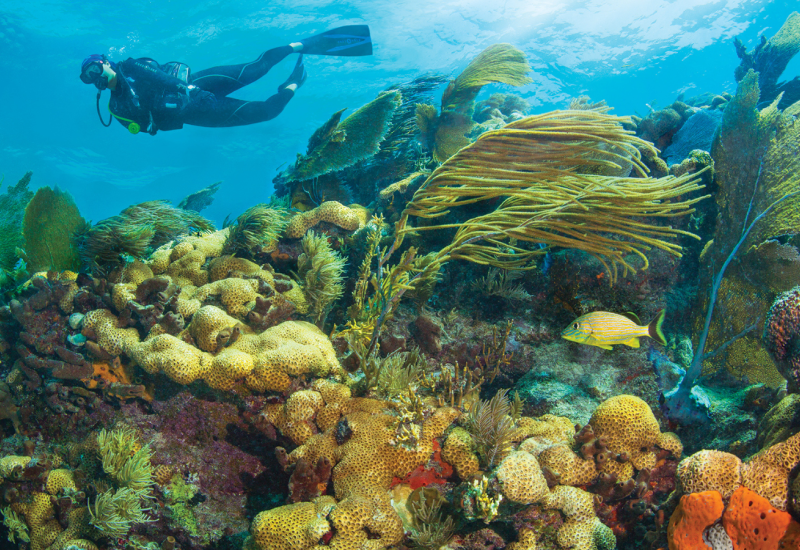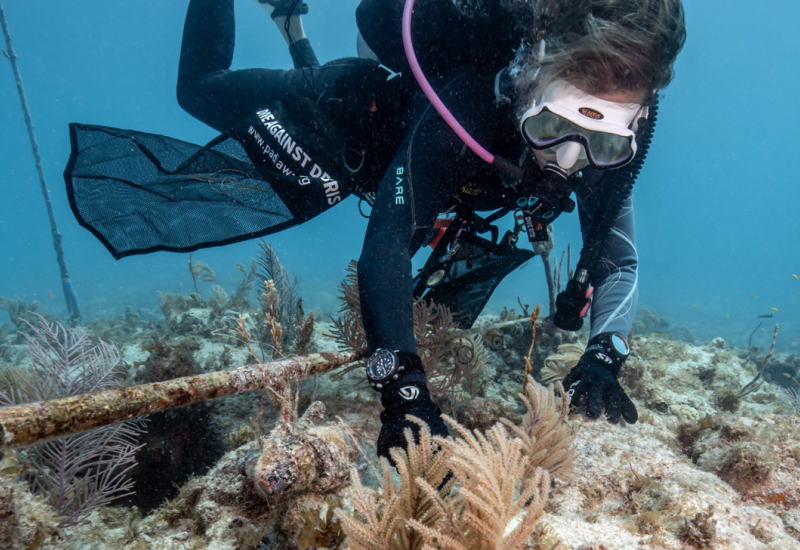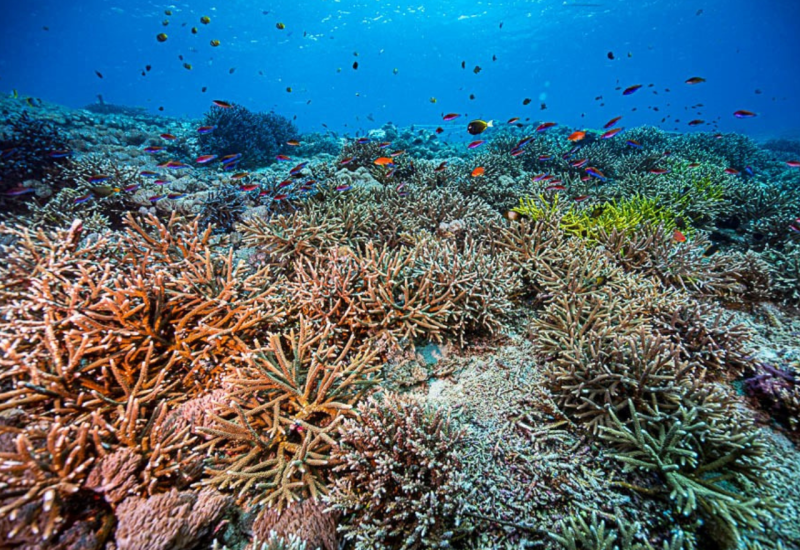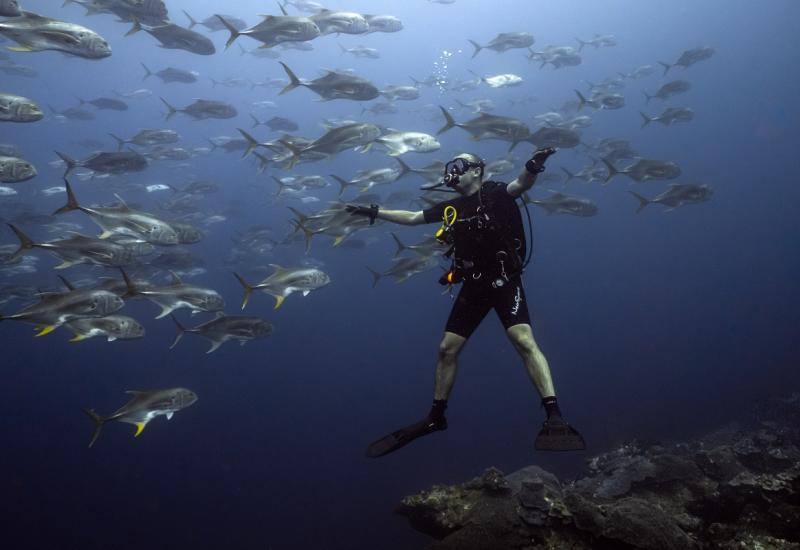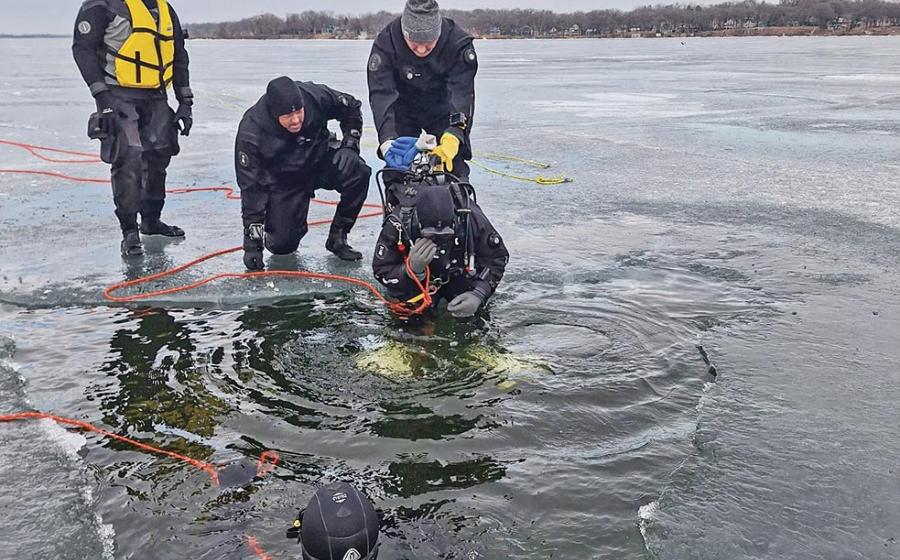Marine Life Could Recover By 2050, Study Says

Shutterstock.com/Willyam Bradberry"Failing to embrace this challenge—and in so doing condemning our grandchildren to a broken ocean unable to support high-quality livelihoods—is not an option," says Carlos Duarte, the study’s lead author out of KAUST, in the release.
Human-caused stressors like overfishing, shoreline development, acidification and pollution have wreaked havoc on the ocean for centuries. But a new study analyzing successful conservation interventions leads researchers to believe marine life can make a full recovery by 2050—if governments and communities commit to reaching that goal.
"Rebuilding marine life represents a doable grand challenge for humanity, an ethical obligation and a smart economic objective to achieve a sustainable future," Susana Agusti, a study leader out of King Abdullah University of Science and Technology (KAUST) in Saudi Arabia, says in a press release.
The study identifies six “recovery wedges” to guide restoration: species protection, sustainable harvesting, protecting spaces, habitat restoration, pollution reduction and mitigating climate change. Each wedge lays out a roadmap to recovery shaped by opportunities, benefits and challenges.
If all wedges are activated promptly at scale, the scientists predict marine life can be restored in just three decades, or within one human generation.
Conducted by leading marine scientists from 16 universities on four continents, the study was recently published in Nature. The global team arrived at its 2050 projection by analyzing how quickly decimated marine life populations slowed losses or started to recover during the last 120 years. Humpback whales, for example, have rebounded after whaling bans were put in place during the 1980s. Sea otter, grey seal, and cormorant populations also boomed after hunting bans, federal species protections, and pesticide bans were enacted.
Recovery ultimately hinges on climate change mitigation through reduced global greenhouse gas emissions. Current emission levels have already limited the recovery of certain ecosystems, such as tropical coral reefs, which scientists anticipate will only partially bounce back. But if governments worldwide commit to hitting the most ambitious goals set in the Paris Agreement, the research team says the rest of the underwater world can flourish. It will take substantial financial resources, but, according to the report, the economic, ecological and social benefits will far outweigh the cost.
"We have a narrow window of opportunity to deliver a healthy ocean to our grandchildren's generation, and we have the knowledge and tools to do so," says Carlos Duarte, the study’s lead author out of KAUST, in the release. "Failing to embrace this challenge—and in so doing condemning our grandchildren to a broken ocean unable to support high-quality livelihoods—is not an option."
More Marine Conservation:

